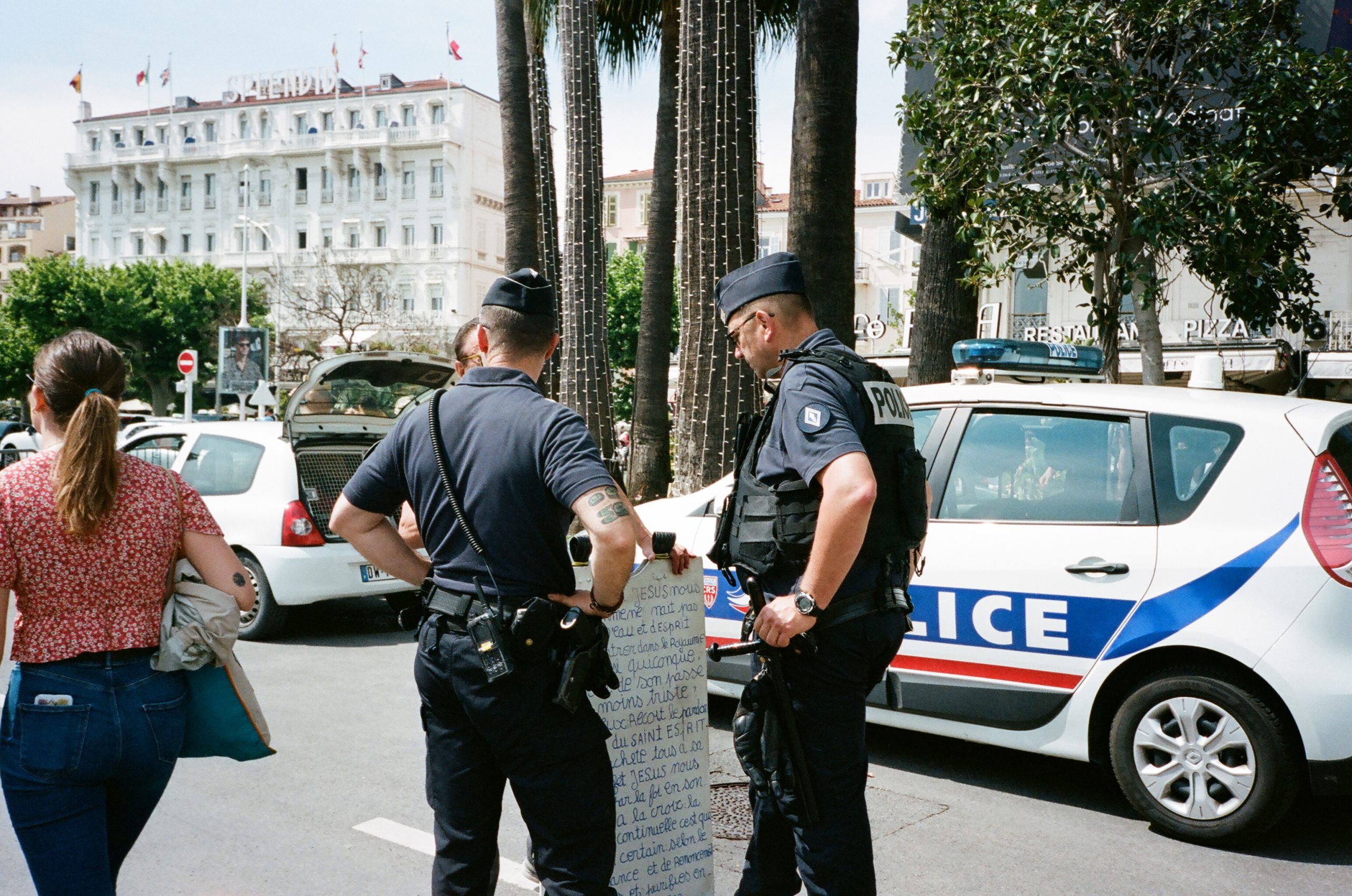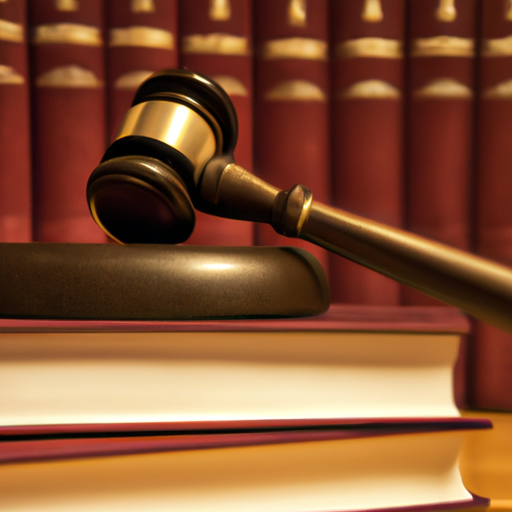Criminal justice is a complex area of law that encompasses various aspects of the legal system and its interaction with criminal behavior. Whether you are a business owner, a company executive, or an individual facing criminal charges, understanding the fundamentals of criminal justice is crucial. This article on a criminal defense attorney’s website aims to provide comprehensive information about criminal justice, addressing common concerns and offering guidance. By delving into the intricacies of this field, you will gain insight into the legal process, your rights, and the measures you can take to protect yourself or your business. Through engaging case studies and real-life scenarios, this article intends to showcase the lawyer’s expertise and experience, setting them apart as the go-to legal professional in matters of criminal justice. So, read on to equip yourself with the knowledge you need, and when you’re ready, remember to call the lawyer listed on this post for a consultation to navigate the complexities of criminal justice.

The Basics of Criminal Justice
Criminal justice is a concept that encompasses the system of laws and institutions designed to maintain social order in society by deterring crime, punishing offenders, and ensuring justice for victims. It plays a crucial role in safeguarding public safety and upholding the rule of law. Understanding the fundamentals of criminal justice is essential for anyone involved in legal proceedings, whether as a defendant, victim, or legal professional.
Definition of Criminal Justice
Criminal justice refers to the framework of laws, procedures, and institutions established by governments to prevent and control crime. It involves law enforcement agencies, courts, and correctional facilities, aiming to hold individuals accountable for their actions and maintain order in society. The field of criminal justice is multidisciplinary, combining elements of law, sociology, psychology, and criminology to comprehensively address crime and its consequences.
Goals of the Criminal Justice System
The criminal justice system operates based on several key goals:
- Deterrence: The system aims to deter potential offenders through the fear of punishment, discouraging criminal behavior within society.
- Retribution: It seeks to impose penalties on those who violate laws, ensuring that offenders face appropriate consequences for their actions.
- Rehabilitation: The criminal justice system aims to reform offenders and facilitate their reintegration into society by offering treatment, education, and support.
- Restitution: It strives to provide restitution to victims, allowing them to recover from the harm they have experienced and receive compensation if possible.
- Protection: The system seeks to protect society by removing dangerous individuals from the community through incarceration or other means.
- Prevention: Criminal justice endeavors to prevent future crimes through proactive measures such as community policing, education, and social programs.
Components of the Criminal Justice System
The criminal justice system comprises three major components that work together to process criminal cases and administer justice: law enforcement, courts, and corrections.
Law Enforcement
Law enforcement agencies, including police departments, sheriffs’ offices, and federal agencies such as the Federal Bureau of Investigation (FBI), are responsible for enforcing laws and investigating crimes. They play a vital role in maintaining public order, preventing crime, apprehending suspects, and gathering evidence. Law enforcement officers have the authority to make arrests, conduct searches, and protect the community from criminal activity.
Courts
Courts are integral to the criminal justice system as they handle criminal cases and ensure due process. There are various types of courts, including local, state, and federal courts, each with its jurisdiction. Judges preside over court proceedings, impartially applying the law and upholding the constitutional rights of defendants. Courts determine guilt or innocence, oversee the trial process, and impose appropriate sentences based on the evidence presented.
Corrections
The corrections component of the criminal justice system is responsible for the punishment and rehabilitation of individuals convicted of crimes. This includes correctional institutions such as prisons and jails, as well as various community programs, probation, and parole services. Corrections officers supervise individuals serving sentences, offering programs and resources aimed at reducing recidivism and promoting successful reintegration into society.
Criminal Justice Process
The criminal justice process involves a series of stages that occur after a crime is committed and culminate in a resolution or disposition of the case. These stages ensure fairness and due process for all parties involved. Let’s explore each step in detail:
Arrest
The first stage in the criminal justice process is an arrest. Law enforcement officers detain individuals suspected of committing a crime based on probable cause, which refers to the belief that a crime has been or is being committed. Once arrested, individuals are taken into custody and informed of their rights.
Booking
After an arrest, the booking process begins. This entails recording the suspect’s personal information, including their name, address, and fingerprints. Mugshots are also taken, and anyone held in custody may undergo a medical and mental health assessment. Furthermore, personal belongings are collected, and the suspect’s entry into the legal system is officially documented.
Initial Appearance
Following the booking process, suspects are brought before a judge for their initial appearance. This is a crucial step as defendants are formally notified of the charges against them, and their constitutional rights, including the right to legal representation, are explained. Bail may be set, allowing the defendant to be released from custody while awaiting trial.
Preliminary Hearing
In cases involving serious crimes, a preliminary hearing may be held to determine if there is sufficient evidence to proceed to trial. During this stage, the prosecution presents evidence and witnesses to establish probable cause, while the defense challenges the strength of the case. If the judge finds sufficient evidence, the case proceeds to trial.
Grand Jury
In some jurisdictions, a grand jury may be convened to determine if there is enough evidence to indict a defendant and proceed to trial. The grand jury, consisting of citizens, reviews the evidence presented by the prosecution and decides whether a criminal charge should be filed. Unlike a preliminary hearing, the grand jury process does not involve the defense.
Arraignment
Once an indictment or an initial hearing determines that a case will proceed to trial, the defendant appears for an arraignment. During this formal court appearance, the defendant enters a plea of guilty or not guilty. The judge may also address bail and any pretrial motions brought forth by the defense or prosecution.



